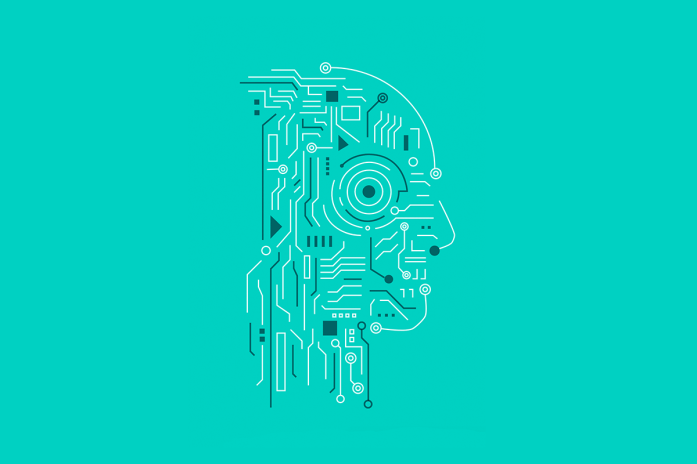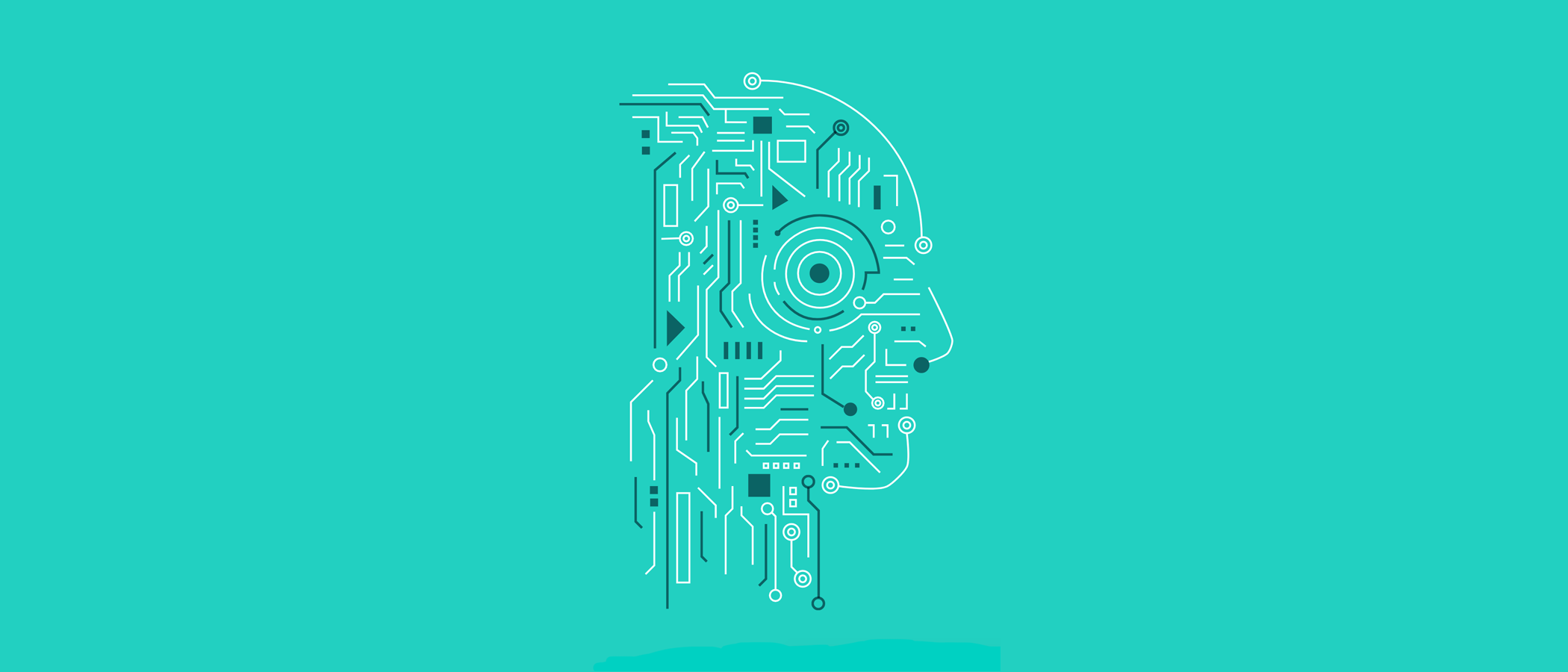For some, artificial intelligence (AI) may conjure images of robots or science fiction. But in reality, AI is being woven into our everyday lives in more subtle and helpful ways than most people realize.
At a panel hosted by Airbnb, a group of leaders from Facebook, HP, Pinterest and Stripe joined industry analyst Susan Eltinger of Altimer for a wide-ranging discussion on how AI fosters trust, innovation, economic empowerment and engagement with customers – whether they be travelers, shoppers, or businesses.
For the panelists, one point was clear: AI is a complement to human talent, not a replacement. And at their best, AI technologies like machine learning, computer vision, natural language processing and predictive analytics hold the potential to create boundless opportunities and improve lives.
It’s not just engineers who feel optimistic about the potential of AI: According to a recent study by PwC, 63% of U.S. consumers believe that AI will help solve complex societal problems.
For Mike Curtis, Airbnb’s VP of Engineering, AI is much more than just a set of algorithms – the technology makes a direct impact on the real-life experiences of guests and hosts.
“Airbnb’s product puts people together in the physical world,” he explained. “And that means what you’re optimizing for is going to lead to a real-life consequence for the people who use the product.”
Since Airbnb began integrating AI into its tools about four years ago, “there’s been a huge impact,” Mike added, citing three key areas: search ranking and matching of hosts and guests; empowering hosts to understand how factors such as pricing affect their business; and keeping the community safe from issues like fraud or abuse.
Contrary to the image of AI as a faceless machine, a company’s approach to AI is a direct reflection of its human values.
That sentiment was echoed by Li Fan, Senior Vice President of Engineering at Pinterest. “We want people not only to find what they want, but to do what they want; they may see a recipe and go offline to make it, and enjoy that moment of happiness,” she explained. “As a company, we need to decide what is good for users. This is very hard to measure, but it’s our job to figure out the right goals for our models.”
Whether it’s matching guests with homes that are right for them, preventing fraud, or pointing customers to the perfect recipe, AI can help deliver rewarding experiences for customers of all kinds. But that also comes with a responsibility to rigorously solve out bias and to ensure that the benefits of the technology extend equally to everyone.
“It comes down to: What do we value as companies? Are we willing to put in the mechanisms in the product to ensure if we don’t spot something, it can be brought to us?” Mike Curtis added. “Tech companies, who are building this really powerful stuff, we have to keep this in the front of our minds to make sure it’s used well. If you only value what drives the most revenue, or conversions, you may not be living up to the values you’re trying to create.”
In certain contexts, it’s important for AI not to be invisible to consumers. There are instances where companies should be transparent about decisions that are reached and why. For example, businesses using Stripe rely on the company’s machine learning-powered systems to catch fraud, yet they also want the confidence of knowing which charges were blocked and for which specific reasons. “We provide human-consumable explanations for the actions our algorithms take,” said Michael Manapat, head of Stripe’s data and machine learning products. “We see happiness and trust increase as we explain what otherwise might be a black box AI model.”
No matter what a company is building, however, AI is at its best when combined with human ingenuity. Joaquin Quiñonero Candela, Facebook’s Head of Applied Machine Learning, noted that among his team’s top priorities is “democratizing AI, and making it super easy to use for everyone.”
“What I’m really excited about is using AI to boost the scientific revolution we’re in, AI to boost science,” he continued, citing the example of AI helping to build energy-efficiency projects that were once thought impossible. “I’m excited about this symbiosis, with AI pointing humans in the right direction.”
As the panelists explained, that symbiosis extends to everything from ambitious scientific projects to customer experience and brand-new economic opportunities that can accompany artificial intelligence.
Looking to the future, it’s important to use technology to augment, not replace. “I would hope over the next few years that we see a lot more use cases where it’s man plus machine instead of man versus machine,” said Andrew Bolwell, who heads up the venture capital arm of HP.
Check out the full discussion below.

